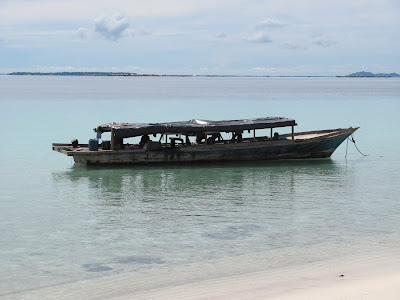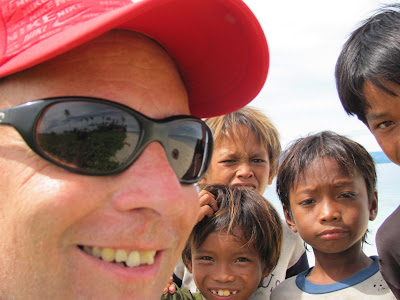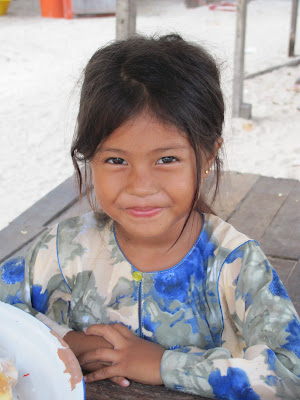What is ecotourism? (The International Ecotourism Society)
https://www.ecotourism.org/what-is-ecotourism
What is ecotourism? (The Nature Conservency)
http://www.nature.org/greenliving/what-is-ecotourism.xml
Ecotourism: the promise and perils of environmentally-oriented travel.
http://www.csa.com/discoveryguides/ecotour/overview.php
Ecotourism: green problem or green solution
http://blog.nature.org/conservancy/2009/11/04/ecotourism-green-problem-green-solution-matt-miller-nature-conservancy/
Googling "what is ecotourism", "benefits of ecotourism", "problems with ecotourism", and similar subjects will give you tons of material.
Assignment
Due Tuesday, April 1st
In 2 pages, double spaced with normal margins, .... define ecotourism and discuss two potential benefits and problems associated with ecotourism.




















































